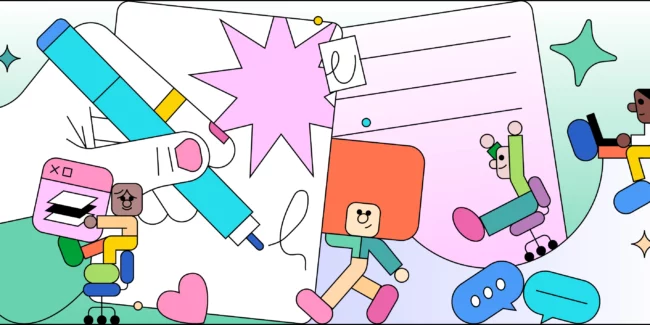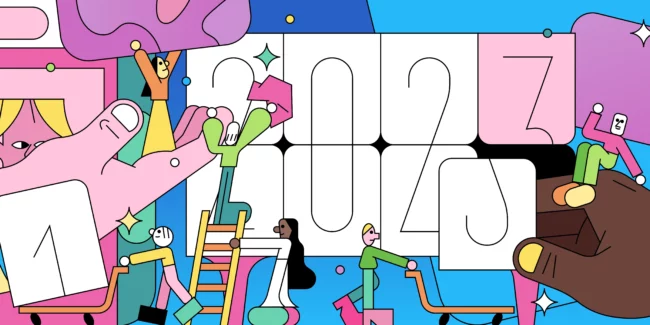Digital marketing strategies fit together like puzzle pieces.
Your influencer campaign should be one of those pieces.
The Shelf is an influencer marketing agency that creates full-funnel influencer campaigns to help brands leverage touchpoints at every stage of the purchase process.
We partner brands with Instagram, TikTok, and YouTube storytellers for campaigns customized to boost the ROI of your overarching paid digital marketing strategy.
Not sure how to integrate influencers into your larger digital strategy? We have people who can walk you through that process... and give you some great ideas along the way. Click to schedule a strategy call.
Schedule a Strategy Session





